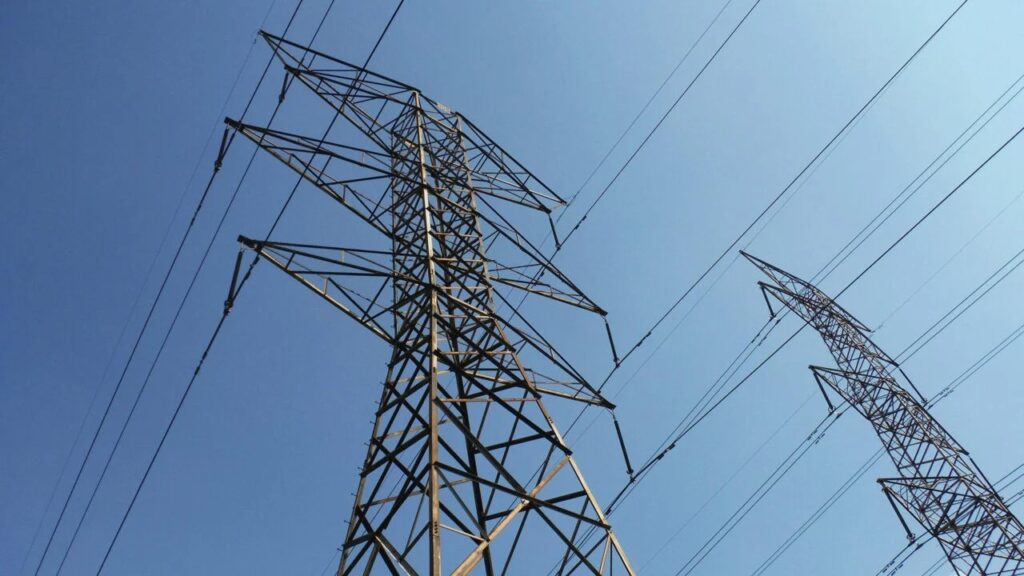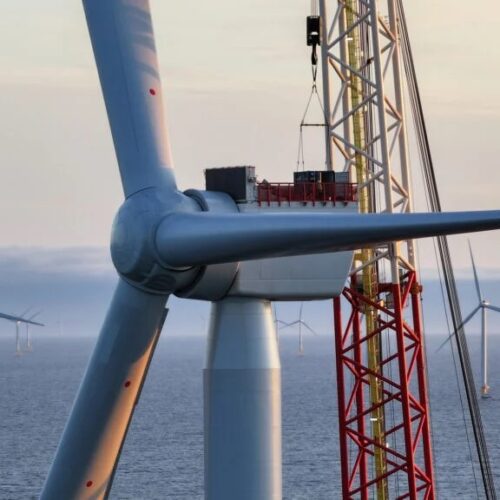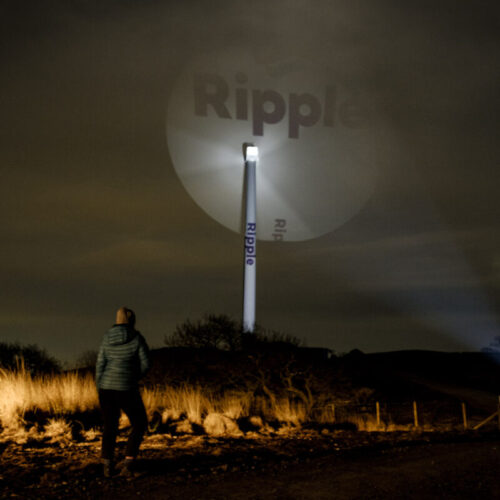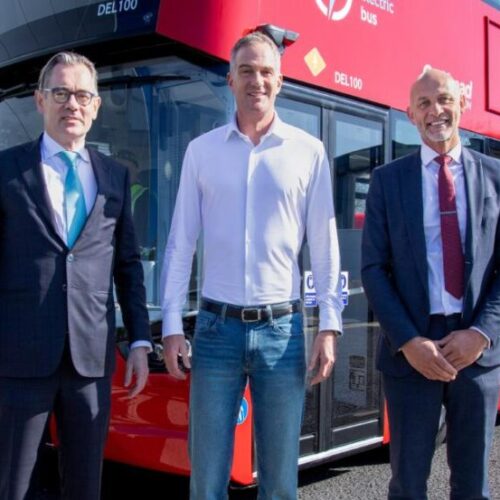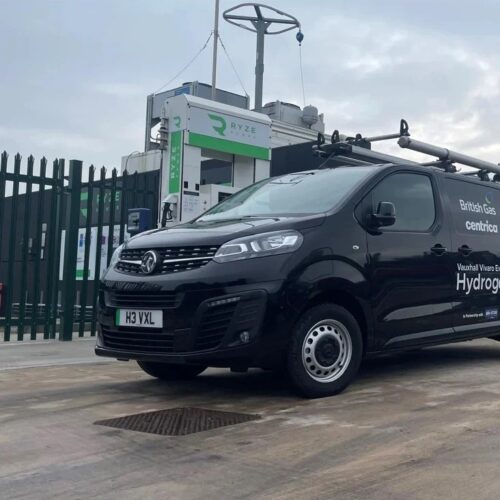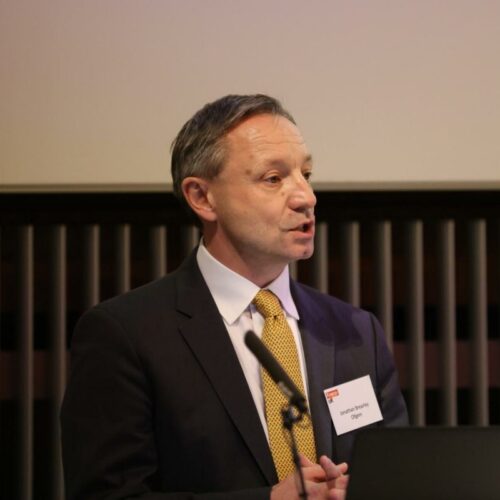Energy regulator Ofgem has moved forward plans to accelerate grid connections with a new connections system due to come into force in spring this year.
The new process, prioritising project readiness and alignment with the government’s Clean Power 2030 plan (CP30), was put forward by the National Energy System Operator at the end of last year. Ofgem said it is ‘minded-to’ implement the reforms as suggested and has opened a final round of consultation.
Energy secretary Ed Miliband said: “Our Clean Power Action Plan will fix the broken ‘first come first served’ system and these changes will mean a targeted approach which prioritises quicker connections for the right projects in the right place, so Britain can accelerate towards a new era of clean electricity.”
CP30 requires current generation capacity on the grid to double over the next five years. The queue of projects awaiting a grid connection far exceeds the number that would meet clean power ambitions, and moving those projects forward was noted as a critical element of the plan.
Ofgem’s decision means that new grid connection offers will be accelerated and the first could be connected and operational from 2026.
Akshay Kaul, Ofgem’s director general for Infrastructure, added: “It will also help speed up connections for public services, including housing, hospitals and EV charging stations, as well as new industries like data centres which are key to boosting economic growth”.
Speaking to the impact for EV charging, CEO of ChargeUK Vicky Read said: “The changes by Ofgem to speed up these connections will be vital in getting more charge points in the ground, especially where they are needed the most. This will provide more choice to today’s EV drivers and serve the millions of additional EVs that will come onto our roads in the coming years.”
This week, NESO published a proposal for a new Connection and Use of System Code (CUSC) modification to introduce a Progression Commitment Fee that will work alongside the connections reform approved by Ofgem.
This was one element of the reforms that Shraiya Thapa, clean energy knowledge lead at law firm Freeths, discussed with Current± before NESO’s final proposal was submitted.
Responding to the news that Ofgem has approved the connection reforms, Thapa said it is “no surprise” that Ofgem is supportive of the proposals. She added: “For certain regions and technology types in particular (namely battery energy storage) this will create inevitable winners and losers when it comes to projects as the connection queue is currently massively oversubscribed in comparison to the government’s clean power 2030 targets.
“In order to deliver in these targets, project developers who end up being grid connection ‘winners’ will still need to see accompanying build out of much-needed grid infrastructure as well as much promised planning reform.”
